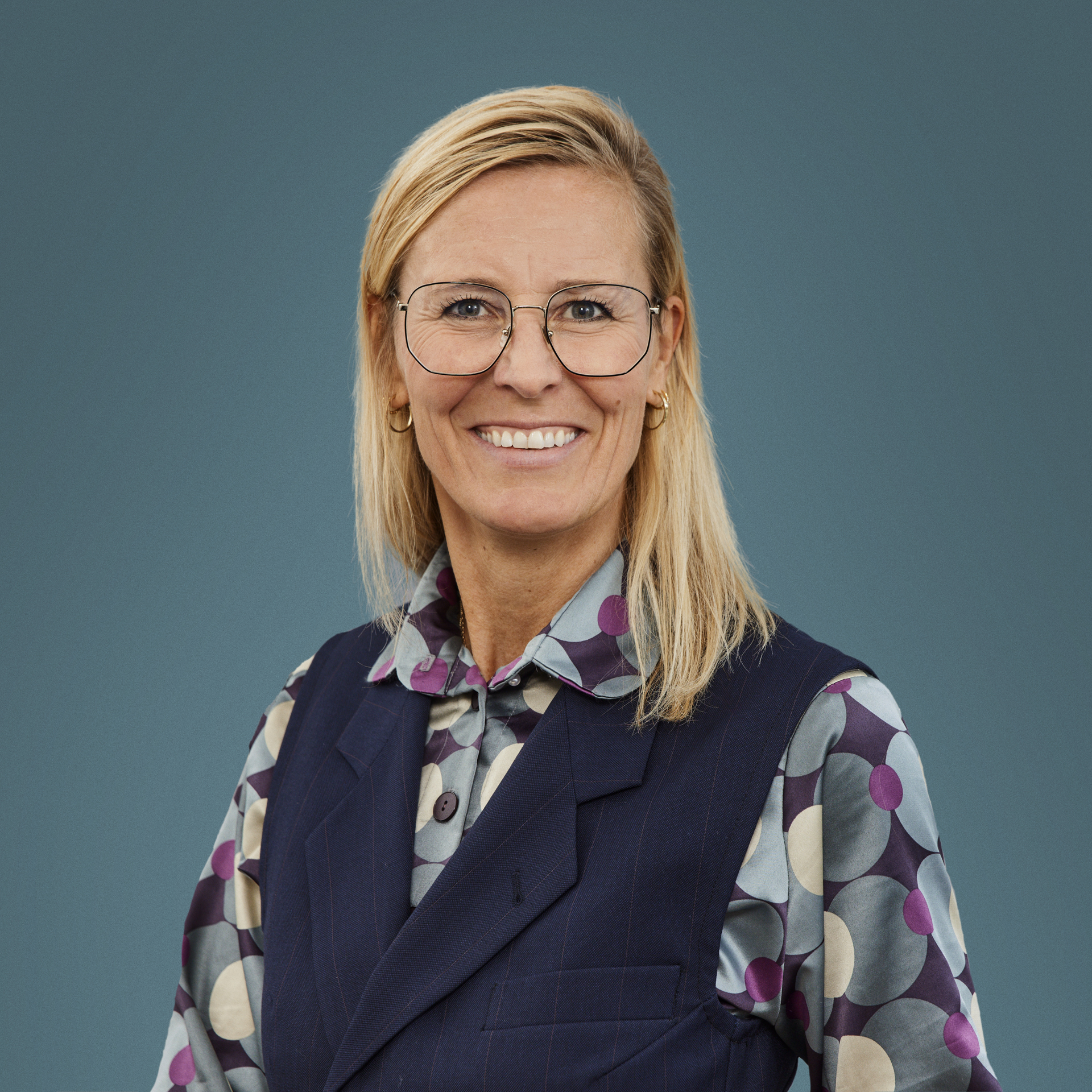
Engineering in School
Engineering in School
Engineering in School is our 10-year initiative, now entering its third and final phase. The first two phases demonstrated how engineering has a significant impact on students' motivation for science subjects. The third phase aims to secure the national implementation and anchoring of engineering - to benefit even more students.
Purpose
The purpose of the project is to strengthen the framework for the national expansion and sustainable anchoring of engineering in education. This is achieved through the integration of practice-oriented learning into engineering didactics, a broader subject focus, and a stronger emphasis on local adaptation within each municipality. As a result, engineering has even greater potential to become part of the broader municipal effort, which includes focus areas such as practice-oriented education, technological literacy, and school–business collaboration.
With this initiative, we move closer to the program’s long-term goal: making engineering a fully integrated part of teachers’ educational practice to support students’ motivation and academic learning.
The third phase runs over four years, and its four main goals and focus areas are outlined below:
Engineer the Future works to align engineering as a practice-based didactic approach with current strategies in the education sector - both nationally and at the municipal level. Practice-oriented learning is a broad concept, and engineering can help make it more concrete in STEM education by connecting it to topics that many municipalities are already working on. These include makerspaces, technological literacy, and cross-curricular teaching that brings together science, mathematics, and craft & design.
Evaluations from Engineering in School 2 show that integrating engineering into existing development activities is already a common anchoring strategy in many municipalities.
We aim to:
- Expand engineering didactics to support its role as a practice-based teaching method across science, technological literacy, craft & design, mathematics, makerspaces, and school–business collaboration.
- Develop various types of practice-oriented engineering teaching modules and supporting resources - such as method videos, student and teacher cards, and a catalog of 30 engineering-related challenges.
Building didactic competencies in engineering must be an opportunity available to teachers across the country. We aim to:
- Support the integration of engineering into teacher education and continuing professional development at university colleges.
- Identify and develop municipal partnerships based on local needs.
- Complete the integration of engineering in municipalities that did not reach full implementation during earlier phases of the program - including training of teachers who have not yet received engineering training.
- Expand the reach of engineering by offering professional development to up to 1000 teachers in schools across as many as 20 new municipalities.
For engineering to align with the many new responsibilities and development areas that teachers face, it is crucial that the didactic approach is something teachers feel personal ownership of and share within a professional community - regardless of whether their municipality has chosen to prioritize engineering.
We know from the final evaluation of Engineering in School 2 that teacher motivation is key to successful implementation. Just as importantly, students across the country should be able to experience engineering in education.
We aim to:
- Support local engineering networks in municipalities and build a new national network.
- Reach at least 95,000 students annually by 2027 with engineering-based teaching through events like Engineering Day and the Science Marathon.
Practice-oriented education is currently gaining political momentum in Denmark. The Reform Commission has recommended integrating practice-oriented approaches across all subjects and proposed a new hands-on upper secondary education program, HPX. Most recently, the Minister for Children and Education, Mathias Tesfaye, has signaled that the government will allocate funding to support this direction.
However, both research and practice raise valid concerns about how the concept is defined and implemented. If teachers are to meet the challenge of making school less theoretical yet equally strong academically, better frameworks must be in place. There must also be investment in teacher capacity-building, as highlighted by both the Danish Evaluation Institute (EVA) and the Reform Commission.
Engineering, as a practice-oriented didactic approach, is part of the solution. But to fully realise its potential, strong voices must position it at the center of efforts to qualify and strengthen practice-based education.
We aim to:
- Carry out agenda-setting communication activities across a wide range of media platforms.
- Participate actively in education policy debates and forums.
- Engage in ongoing dialogue and initiate joint policy efforts with key stakeholders across national, municipal, and organizational levels.
Project Partners
Engineer the Future is the project owner and is responsible for the overall communication, the development of teaching resources, and the delivery of engineering workshops for teachers across Denmark.
Københavns Professionshøjskole, VIA University College, University College Absalon, University College Lillebælt, and UC SYD contribute to the continued development of engineering didactics, the integration of engineering into teacher education and continuing professional development, and the upskilling of teachers in collaboration with partner municipalities.
Naturvidenskabernes Hus supports the project through the development of new engineering teaching modules and by strengthening school–business collaboration.
Dansk Metal contributes with strategic communication and policy work.
The collaboration also includes Danish municipalities, the vocational schools TEC and EUC Nord, as well as Astra, the National Centre for Science Education (NAFA), Danske Erhvervsskoler og -Gymnasier (Danish Vocational and Upper Secondary Schools), and the subject-specific teacher associations for mathematics, science, biology, geography, and craft & design.
Supported by
VILLUM Fonden and Novo Nordisk Fonden
1. Strategy: The project will develop teaching resources in which the practical aspect of subject knowledge is a common theme across the science subjects, mathematics, craft and design, maker spaces, technology comprehension, and school-business collaboration. Also, models for long term, sustained teacher access to resources will be established.
2. Structure: The project will generate a critical mass of professionally trained in-service teachers, who, with limited external support, can develop lesson plans based on engineering teaching. The project will create tools enabling the municipalities to continue development on their own – and will ensure sustainable channels for teacher professional development at four university colleges and similar STEM-operators, covering the entire country.
3. Culture: The project will build networks, annually arrange an Engineering Day, and through active communication stimulate a subculture among practitioners and other stakeholders, thus increasing the demand for teaching methods and materials from professional communities.
4. Politics: Through PA-initiatives and communication the project will advocate for better conditions in schools for teaching the practical aspects of subject knowledge.
In this four-year project, at least 1,000 teachers in 20-30 municipalities will participate in professional development activities, and 41,800 students will engage in engineering projects. In addition, 88,000 will participate in annual events.
Contact

Anne Dorte Spang-Thomsen
Senior Consultant and Program Manager for Engineering in Schools










